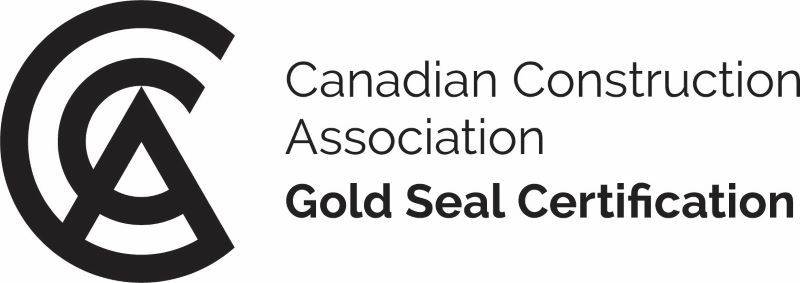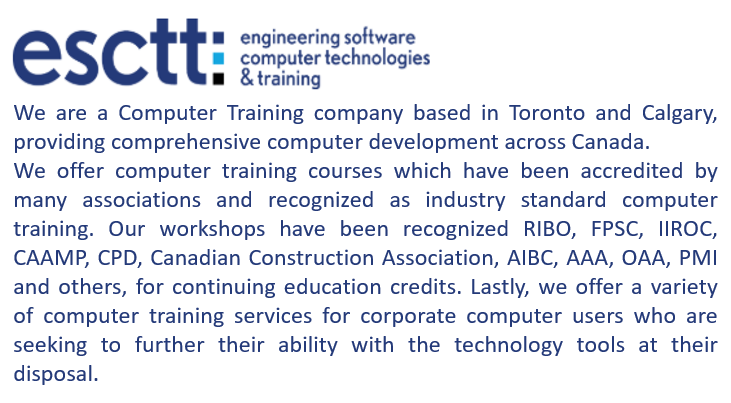-
15 July4 sessions, 3 hours eachOnline
Sessions
Session 1
Tue 15 Jul 13:00 EDT - Tue 15 Jul 16:00 EDTOnlineSession 2
Thu 17 Jul 13:00 EDT - Thu 17 Jul 16:00 EDTOnlineSession 3
Tue 22 Jul 13:00 EDT - Tue 22 Jul 16:00 EDTOnlineSession 4
Thu 24 Jul 13:00 EDT - Thu 24 Jul 16:00 EDTOnline- Member Rate $920.00 excl. Tax
- $970.00 excl. Tax
-
12 August4 sessions, 3 hours eachOnline
Sessions
Session 1
Tue 12 Aug 13:00 EDT - Tue 12 Aug 16:00 EDTOnlineSession 2
Thu 14 Aug 13:00 EDT - Thu 14 Aug 16:00 EDTOnlineSession 3
Tue 19 Aug 13:00 EDT - Tue 19 Aug 16:00 EDTOnlineSession 4
Thu 21 Aug 13:00 EDT - Thu 21 Aug 16:00 EDTOnline- Member Rate $920.00 excl. Tax
- $970.00 excl. Tax
-
09 September4 sessions, 3 hours eachOnline
Sessions
Session 1
Tue 09 Sep 13:00 EDT - Tue 09 Sep 16:00 EDTOnlineSession 2
Thu 11 Sep 13:00 EDT - Thu 11 Sep 16:00 EDTOnlineSession 3
Tue 16 Sep 13:00 EDT - Tue 16 Sep 16:00 EDTOnlineSession 4
Thu 18 Sep 13:00 EDT - Thu 18 Sep 16:00 EDTOnline- Member Rate $920.00 excl. Tax
- $970.00 excl. Tax
-
07 October4 sessions, 3 hours eachOnline
Sessions
Session 1
Tue 07 Oct 13:00 EDT - Tue 07 Oct 16:00 EDTOnlineSession 2
Thu 09 Oct 13:00 EDT - Thu 09 Oct 16:00 EDTOnlineSession 3
Tue 14 Oct 13:00 EDT - Tue 14 Oct 16:00 EDTOnlineSession 4
Thu 16 Oct 13:00 EDT - Thu 16 Oct 16:00 EDTOnline- Member Rate $920.00 excl. Tax
- $970.00 excl. Tax
-
04 November4 sessions, 3 hours eachOnline
Sessions
Session 1
Tue 04 Nov 13:00 EST - Tue 04 Nov 16:00 ESTOnlineSession 2
Thu 06 Nov 13:00 EST - Thu 06 Nov 16:00 ESTOnlineSession 3
Wed 12 Nov 13:00 EST - Wed 12 Nov 16:00 ESTOnlineSession 4
Thu 13 Nov 13:00 EST - Thu 13 Nov 16:00 ESTOnline- Member Rate $920.00 excl. Tax
- $970.00 excl. Tax
-
02 December4 sessions, 3 hours eachOnline
Sessions
Session 1
Tue 02 Dec 13:00 EST - Tue 02 Dec 16:00 ESTOnlineSession 2
Thu 04 Dec 13:00 EST - Thu 04 Dec 16:00 ESTOnlineSession 3
Tue 09 Dec 13:00 EST - Tue 09 Dec 16:00 ESTOnlineSession 4
Thu 11 Dec 13:00 EST - Thu 11 Dec 16:00 ESTOnline- Member Rate $920.00 excl. Tax
- $970.00 excl. Tax
None of these dates work for you? Suggest another date & time
Description
This seminar is delivered in 4- three hour instructor-led webinars covering the topics below. All 4 courses must be taken for the full certificate and 4 Gold Seal credits; however you are welcome to sign up for courses individually.
Topics:
Scheduling -
- Create a basic project plan including Work Breakdown Schedule and dependencies
- Incorporate Milestones and Significant dates
- Identify/Manage the Critical Path
- Incorporate Job Deadlines
- Identify slack and project float
- Create an ‘Early Start' and ‘Early Finish' Schedule
- Create a ‘Late Start' and ‘Late Finish' Schedule
- Create a basic Impact Analysis using the Network Diagram
- Add a tolerance to the Critical Path
- Create a Trade Tracking Resource Schedule
- Incorporate changes to the Project Start Date.
Resources -
- Create work assignments to trades, employees, subcontractors.
- Add costing and availability information.
- Incorporate the work quantities from estimates.
- Assign and manage overtime at overtime rates.
- Re-distribute and re-assign actual work.
- Resolve over allocated personnel, equipment issues. Adjust individual workloads.
- Share heavy equipment or specialized personnel over multiple projects and monitor availability.
- Assign Saturday or off hours work by trade or task
- Monitor resources by tasks, work completion rates, availability, costs, projects li>
Trade Tracking -
- Update projects and tasks.
- Record actual starts, work durations, finish dates.
- Record a delay and demonstrate the effect of the delay on other tasks.
- Record splits in work.
- Postpone or move work to alternate times.
- Create a 2, 3, or 4 week look ahead.
- Create a delay report.
- Compare actuals to planned dates and costs.
- Re-assign work.
- Accelerate schedules and note the effects on costs and time.
- Compare costs and schedules between projects.
Cost Control -
- Create weekly and monthly cash flow reports
- Including subcontractor pricing
- Including variable cost rates for trades, personnel, and equipment
- Monitor budgeted Costs, Price, Profit Margins, Actual Costs and projected costs.li>
- Identify Project status when ahead or behind schedule and/or over or under budget
- Reassign work and identify effect on costing.
- Reschedule work and identify effect on costs.
- Create cost reports showing weekly performance from a cost perspective.
- Compare costs between projects.
Space is limited to 6 students, sign up today to gain valuable insight into one of the most helpful tools a construction professional can use in today's market.
Gold Seal has accredited this course for 2 Special Industry Credit (SIC)

Speaker

